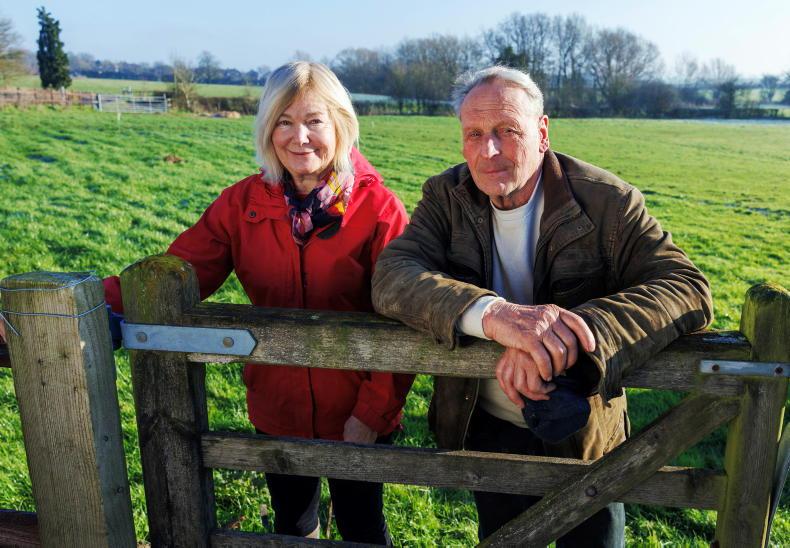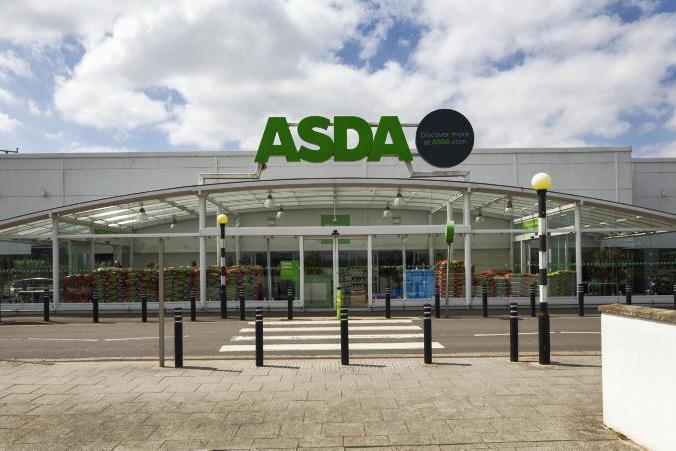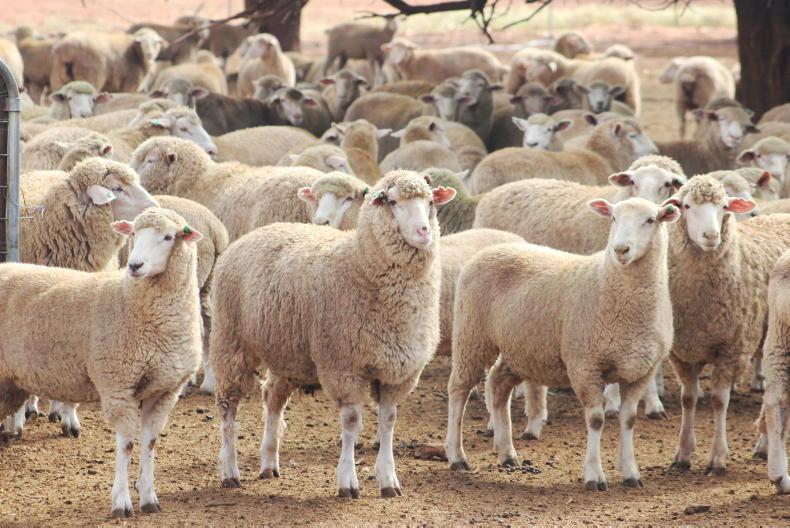NI currently supplies around 15% of the food market in Britain and there is no reason why that figure shouldn’t be 20%, a leading retail expert has said.
Addressing a NI Food and Drink Association (NIFDA) conference on Tuesday, Dr Clive Black from investment company, Shore Capital, highlighted lots of uncomfortable realities for government policymakers and politicians.
He said NI has world-class food companies who are collectively leading the way in sustainable livestock production, but are constrained by government policies “subsumed by the environmental agenda”.
Black took particular aim at officials in Defra, who he said “salivate over how Britain should eat less meat”, creating a policy agenda of “managed decline” in our food industry.
Rather than encourage domestic production, he said policies favour offshoring production or replacing animal proteins with fake meat.
All this ignores the fact that UK meat consumption is up 7% per annum in the last five years.
“There has been a collapse of fake meat. The public has worked out they would rather eat straightforward meat,” said Black.
Planning
Despite NI having a world-class poultry sector, Black said it is held back by planners citing environmental issues.
“They [the planners] should be standing here telling you the price of your chicken is going up or it is coming from Brazil or Thailand – it is a disgrace, it is dysfunctional,” he said.
Labour
Black was also critical of the budget from British Chancellor Rachel Reeves, which has put £25bn of costs onto business by increased national insurance contributions, rates and hikes to the National Living Wage.
He said anyone who thinks these costs won’t be passed on to consumers is “stupid” and it will lead to higher food prices and higher overall inflation.
That will have a “catastrophic” impact on pubs, hotels, cafés and restaurants, with tens of thousands of those businesses forced to close, he suggested.
“She [Rachel Reeves] talks about ‘good working people’ – she is going to put hundreds of thousands of good working people out of work,” said Black.
Positive
With people unable to afford to eat out, they are instead buying more from premium lines in retailers, with Sainsbury’s Taste the Difference range seeing 18% growth in the last three months and Tesco Finest up 15% over the same period.
In general, that is a positive for the UK farmers as these supermarkets are mainly supplied by domestic production.
Regulators
Black finished off his presentation on Tuesday highlighting the need for government bodies and regulators to work alongside reputable food businesses and not get in the way.
However, he warned of a “fire of agencies” that business must engage with and frustration among entrepreneurs who pay high taxes, but get a poor service from government.
Food industry swamped by audits
One of the issues highlighted at the NIFDA conference on Tuesday was the number of audits being done by government bodies, retailers etc. in the local food industry.
According to Professor Ursula Lavery, Technical and R&D Director at Pilgrim’s Europe, some of the company’s sites are now receiving three or four full audits every week.
She said the business welcome audits as a means of improving standards, but said too often it is being checked against the same standards “again and again and again”.
Lavery would like to see a system of “earned recognition” so that audits are simplified and focus on areas that need attention.
“We want people on the factory floor doing their job, rather than in the office managing another audit,” said Lavery.










SHARING OPTIONS